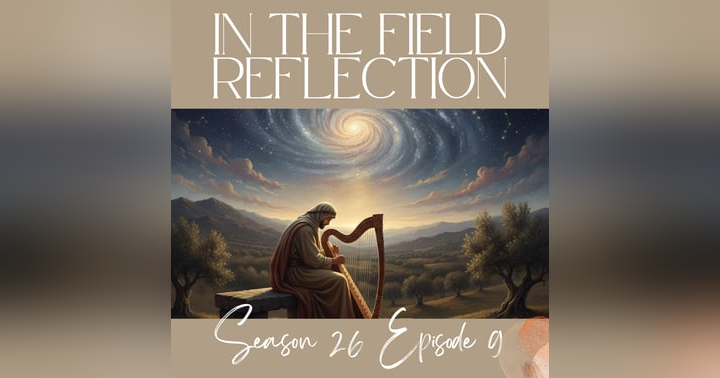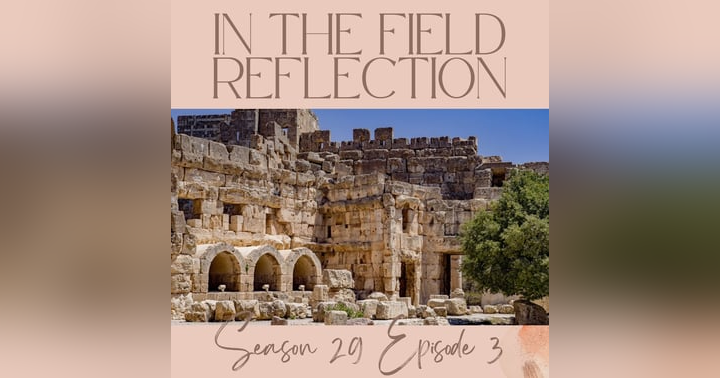Beyond the Veil: A New Covenant Written on Hearts

Hebrews Chapter 8 stands as a profound turning point in our understanding of God's relationship with humanity. The ancient words, penned by a scribe whose fingers traced parchment by candlelight, deliver a revolutionary message that continues to reshape hearts today: we have a high priest seated at the right hand of the throne of Majesty in heaven. This declaration forms the foundation of a chapter that gently yet firmly guides us away from old patterns of thinking about our relationship with God, revealing a new covenant written not on stone, but on hearts—etched by mercy, sealed in grace.
The chapter introduces us to a stark contrast between the old and new covenants. The former system, with its elaborate tabernacle, priests, and sacrifices, served as "a sketch and shadow of the heavenly one." Moses was instructed to build everything according to the pattern shown to him on the mountain—a physical reflection of spiritual realities. Yet these earthly representations, however carefully constructed, were merely shadows pointing to something greater. They were never meant to be the final destination, but rather signposts directing us toward a more perfect reality.
Jesus stands at the center of this transformation as "the mediator of a better covenant, which has been enacted through better promises." The language of Hebrews is deliberate and powerful: better covenant, better promises. This isn't merely an upgrade or slight improvement—it represents a fundamental shift in how God relates to his people. Under the old covenant, access to God was limited, mediated through human priests who themselves were flawed. The tabernacle's design, with its outer courts, Holy Place, and Most Holy Place, physically embodied the spiritual distance between humanity and God. Only the high priest could enter God's presence, and only once a year, carrying blood for the sins of the people.
The new covenant shatters these barriers. Through Christ, our perfect high priest, we gain direct access to God's presence. The chapter quotes Jeremiah's prophecy about this new covenant: "I will put my laws in their minds and write them on their hearts. I will be their God, and they will be my people." This intimate language reveals God's deepest desire—not merely to be worshipped from a distance but to be known personally by each of his people "from the least of them to the greatest." The emphasis shifts from external observance to internal transformation, from ritual to relationship.
Perhaps most revolutionary is God's promise: "I will be merciful toward their iniquities, and I will remember their sins no more." In a culture built around sacrifices for sin, this declaration of complete forgiveness would have been breathtaking. No more endless offerings, no more yearly atonement—just mercy. Complete, perfect, lasting mercy. The writer concludes that in establishing this new covenant, God "has made the first one obsolete." The shadow has given way to substance; the temporary has yielded to the permanent.
What does this ancient text mean for us today? It invites us to stop living as though the veil still separates us from God. It calls us to approach God with confidence, not based on our performance but on Christ's perfect sacrifice. It challenges us to embrace a relationship with God that transforms us from the inside out. The laws written on our hearts become not burdensome obligations but the natural expression of lives aligned with God's character. We no longer need intermediaries to access God—Christ himself brings us directly into God's presence, where we are fully known and completely loved.
In a world that often feels disconnected and distant, Hebrews 8 reminds us that closeness with God is not something we achieve through religious performance but something Christ has already secured. This truth liberates us from the exhausting cycle of trying to earn God's favor and invites us instead to rest in relationship with him. The new covenant isn't just about better religious practices—it's about belonging to God and being transformed by his presence in our lives. As we internalize this reality, we're freed to walk in the world not as servants trying to earn approval but as beloved children secure in their Father's love.



